Rosemary is a small evergreen shrub with thick aromatic and linear leaves and is native to the Mediterranean region. The plant grows abundantly in the wild in Spain, France, Corsica, Italy, Sardinia and Tunisia, however, most of the oil is produced in Spain, France, and Tunisia.
There are three major varieties of rosemary, identified by their chemotypes (based on chemical characteristics) and their primary country association:
- Camphor-borneol (Spain), effective for the circulatory system
- 1,8 cineole (Tunisia), effective for the respiratory system
- Verbonone (France), effective for the skin, hair, and liver
While all rosemary has chemical traits in common, each chemotype has a higher intensity of one chemical compound that makes it more suitable for specific health issues. Inshanti carries all three varieties so you can choose the chemotype to target your personal concerns.
The ancients used rosemary in place of the more costly incense in their religious ceremonies. It was customary to burn rosemary with juniper berries to purify the air and prevent infections. Rosemary was known to have a stimulating effect on the mind and to be useful as a memory aid. Consequently, the herb became known as a symbol of remembrance.
Rosemary has traditionally been used in skin and hair care. It is extensively used in hair care products as it is reputed to stimulate hair growth and prevent premature baldness. It is also used for the prevention of dandruff.
Until recently many French hospitals used rosemary to disinfect the air.
References:
- Battaglia S. The Complete Guide to Aromatherapy. 2nd edition, The International Centre of Holistic Aromatherapy, Australia, 2003
- Davis P. Aromatherapy A-Z. New revised edition C.W. Daniel Company Limited, England, 1999
- Keville, K. Aromatherapy, A Complete Guide to the Healing Art, The Crossing press, USA, 1995
- Mojay G. Aromatherapy for Healing the Spirit, Henry Holt and Company Inc., England, 1996
- Price S. Aromatherapy for Health Professionals, 2nd edition, Churchill Livingstone, 1999
- Schnaubelt K. Advanced Aromatherapy, The Science of Essential Oil Therapy, Healing Arts Press, USA, 1998
- Tisserand R. The Art of Aromatherapy, Healing Arts Press, USA, 1977
- Tisserand R. Essential Oils and Hypertension -Is There a Problem?, 2010 (article)
- Leung A. Foster S. Encyclopedia of Common Natural Ingredients Used in Food, Drugs, and Cosmetics. 2nd Edition. John Wiley and Sons Inc, USA, 1996.


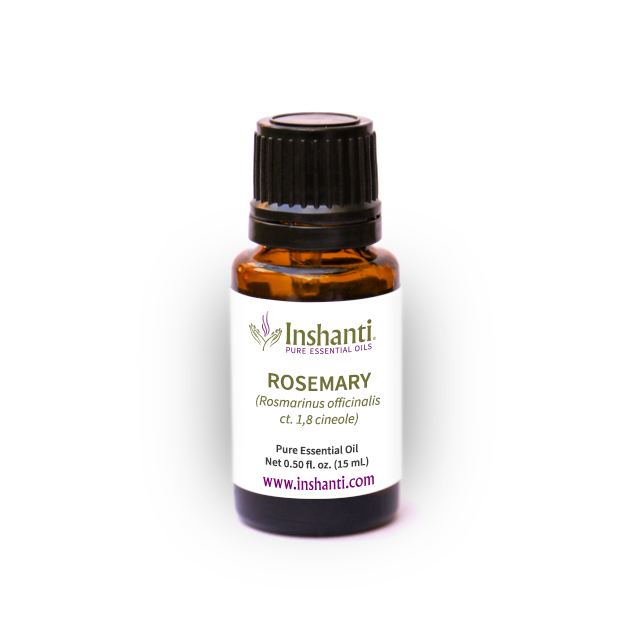



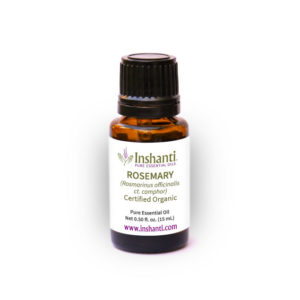
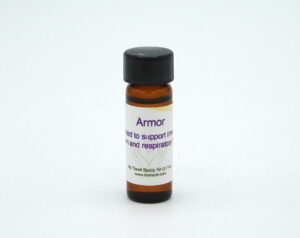
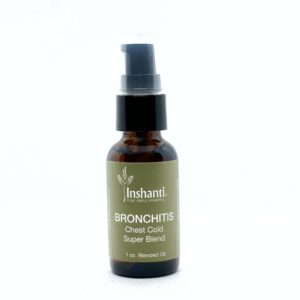
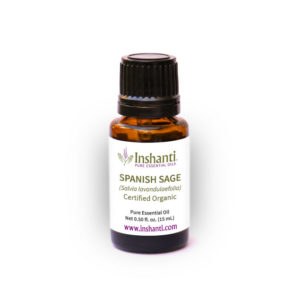
Reviews
Be the first to review this product